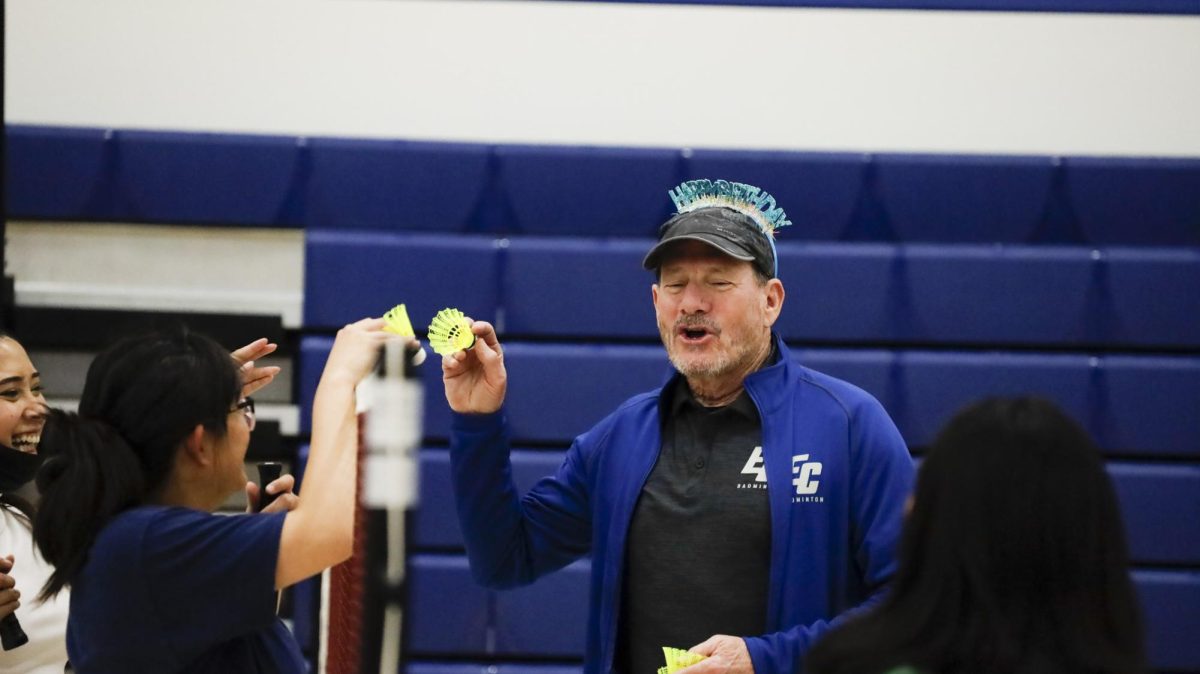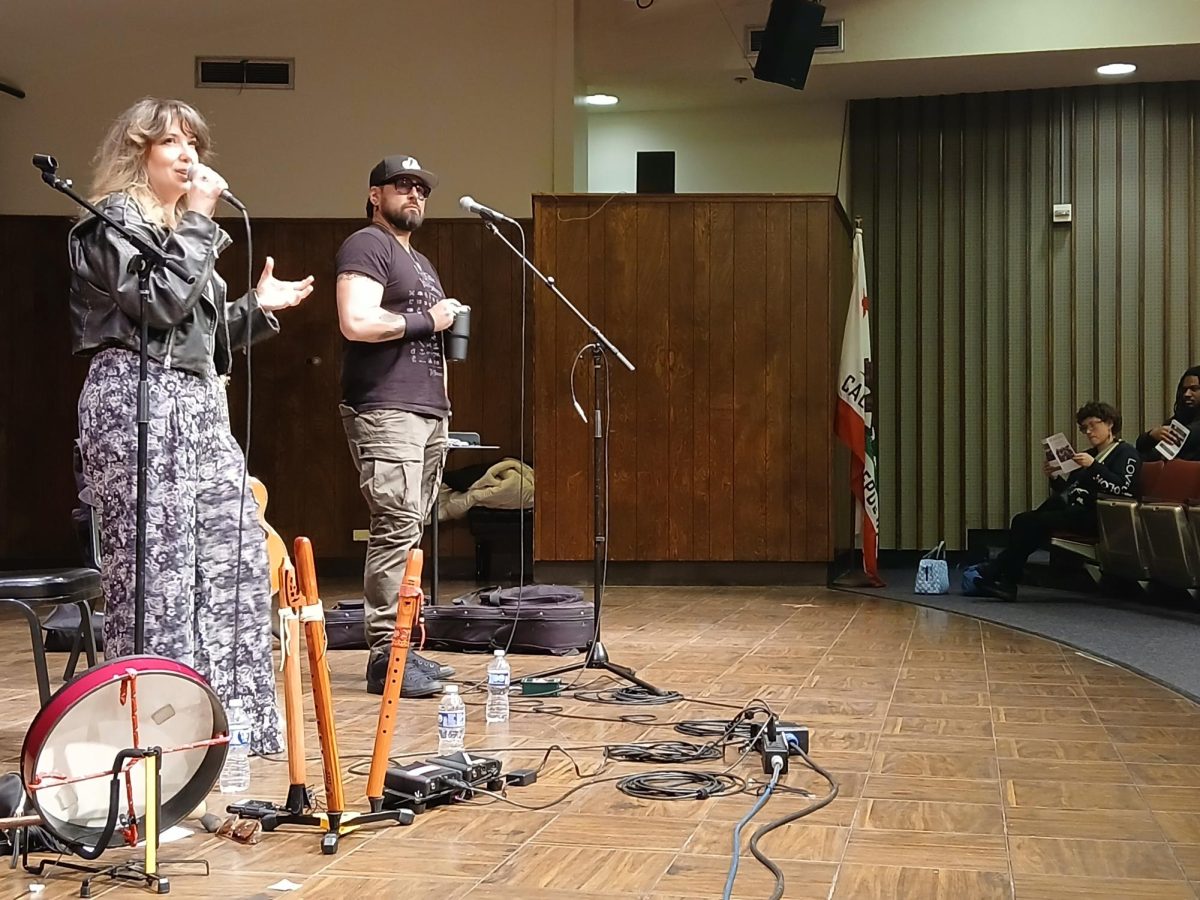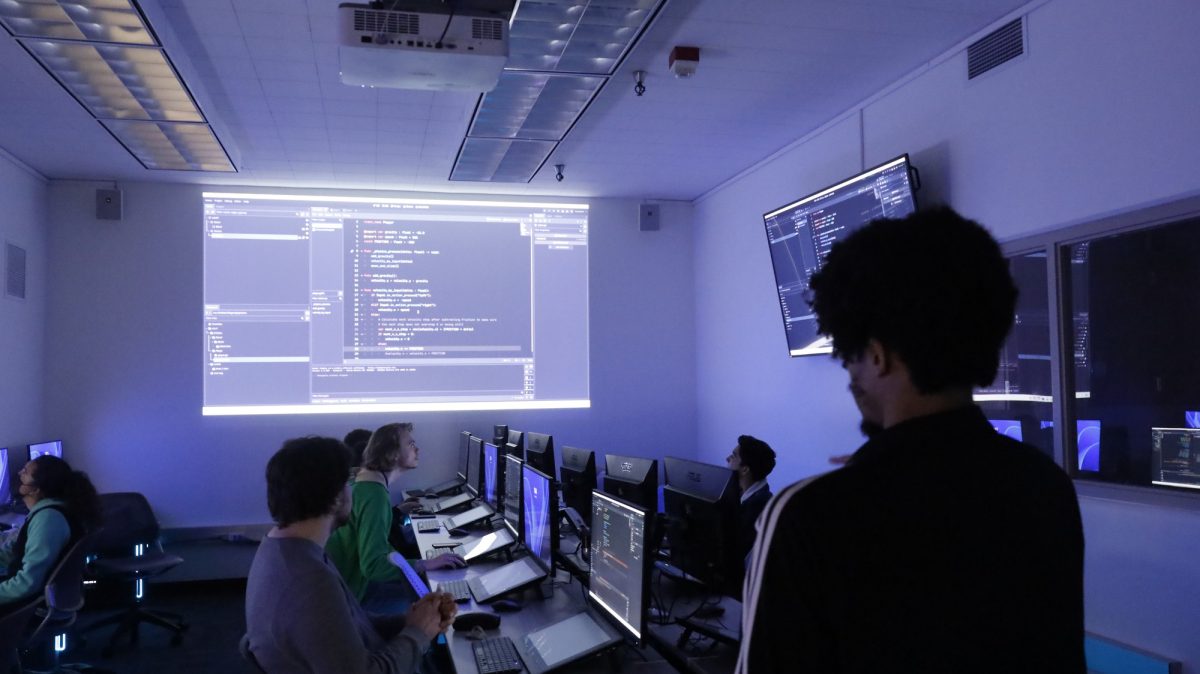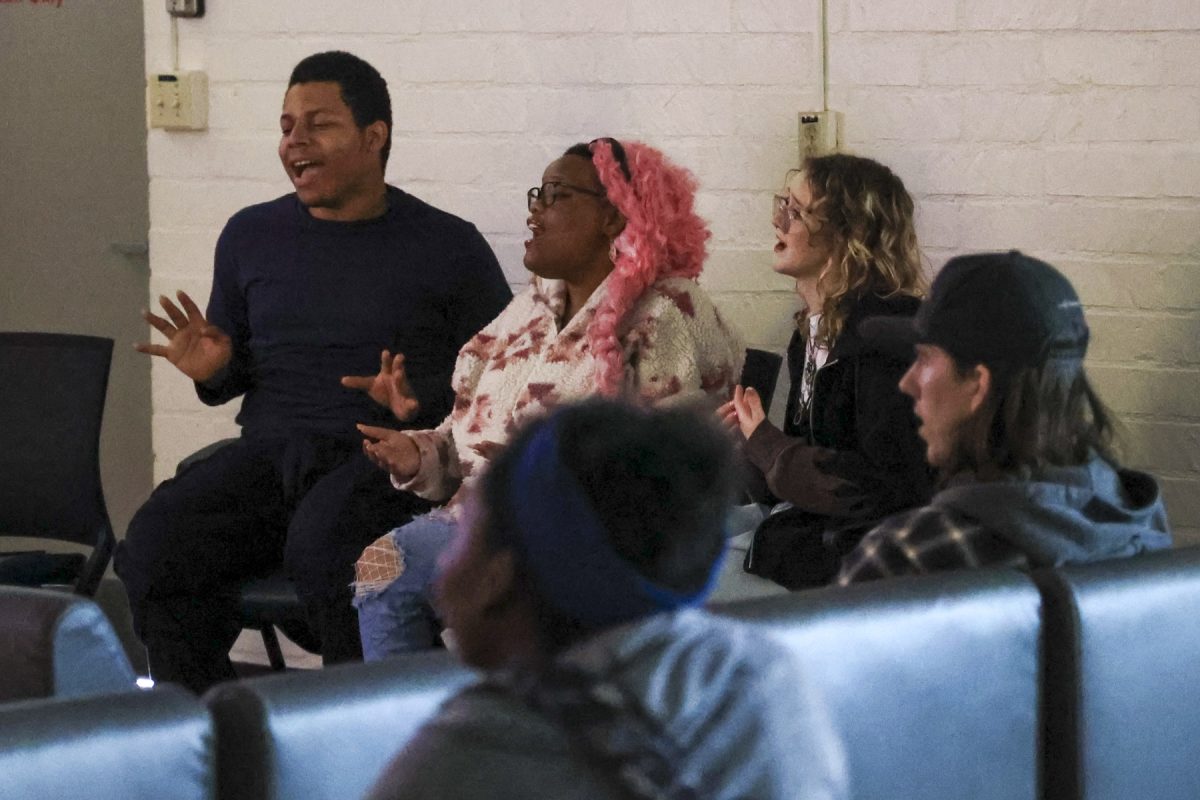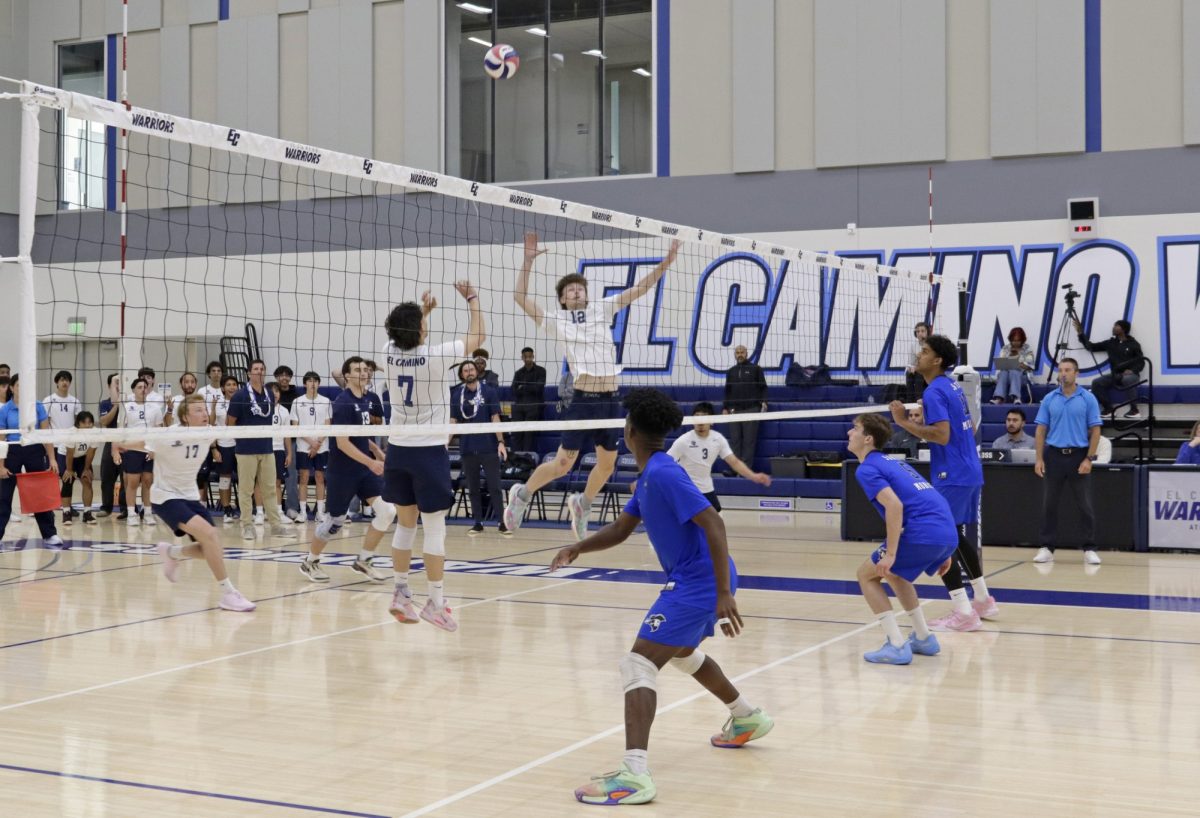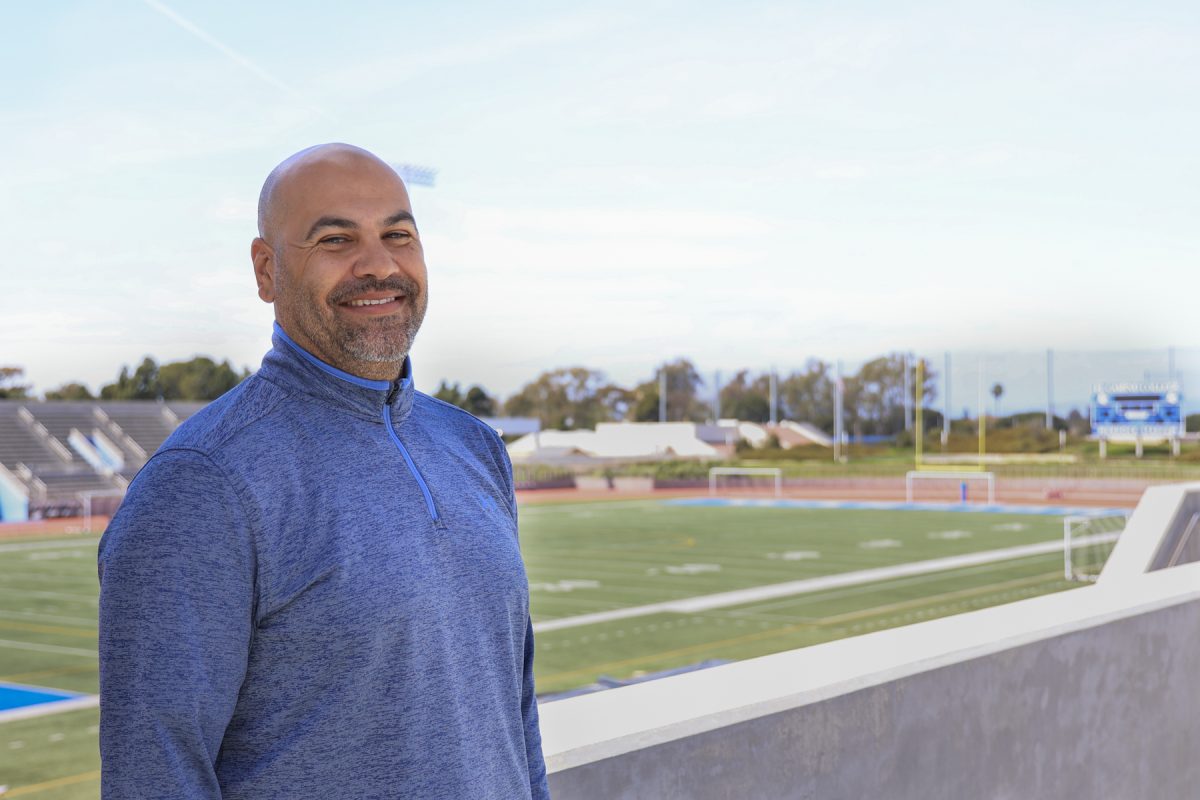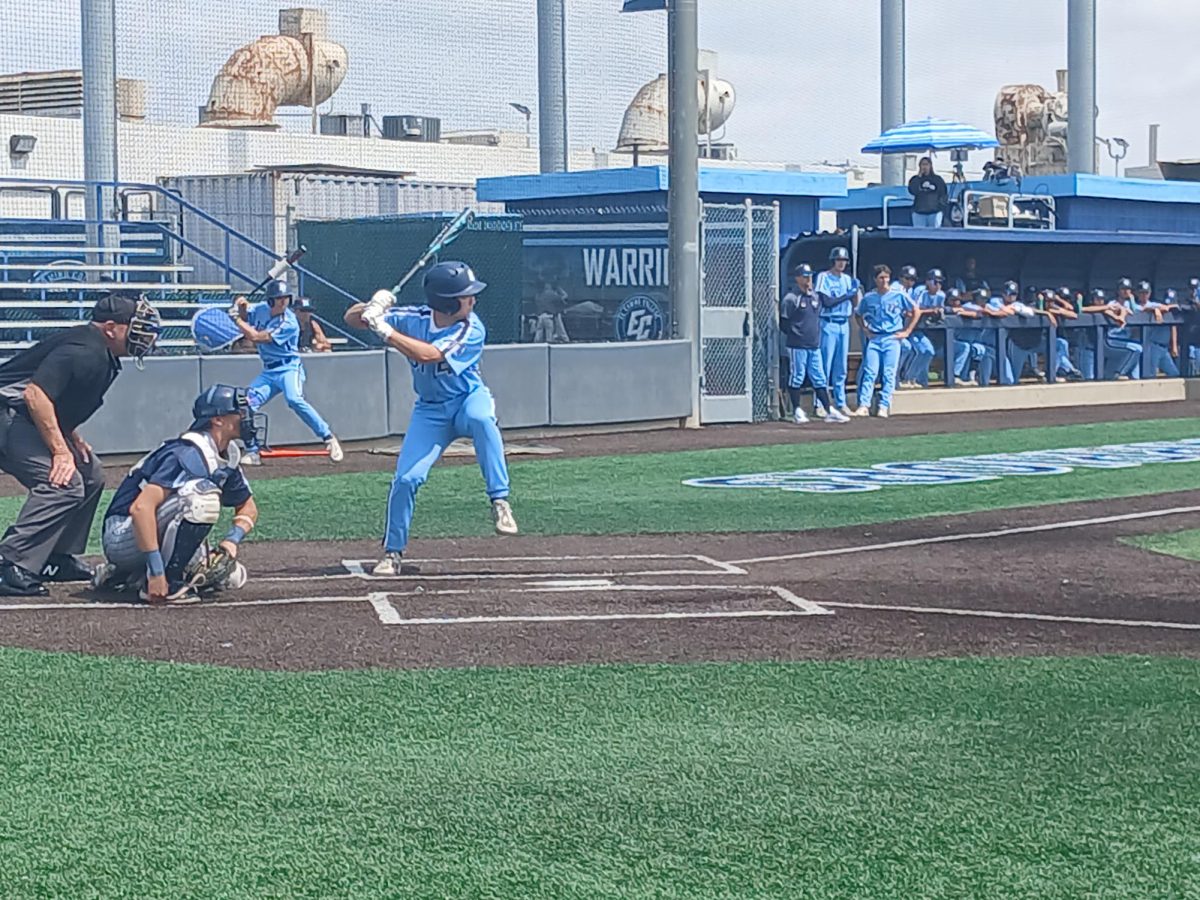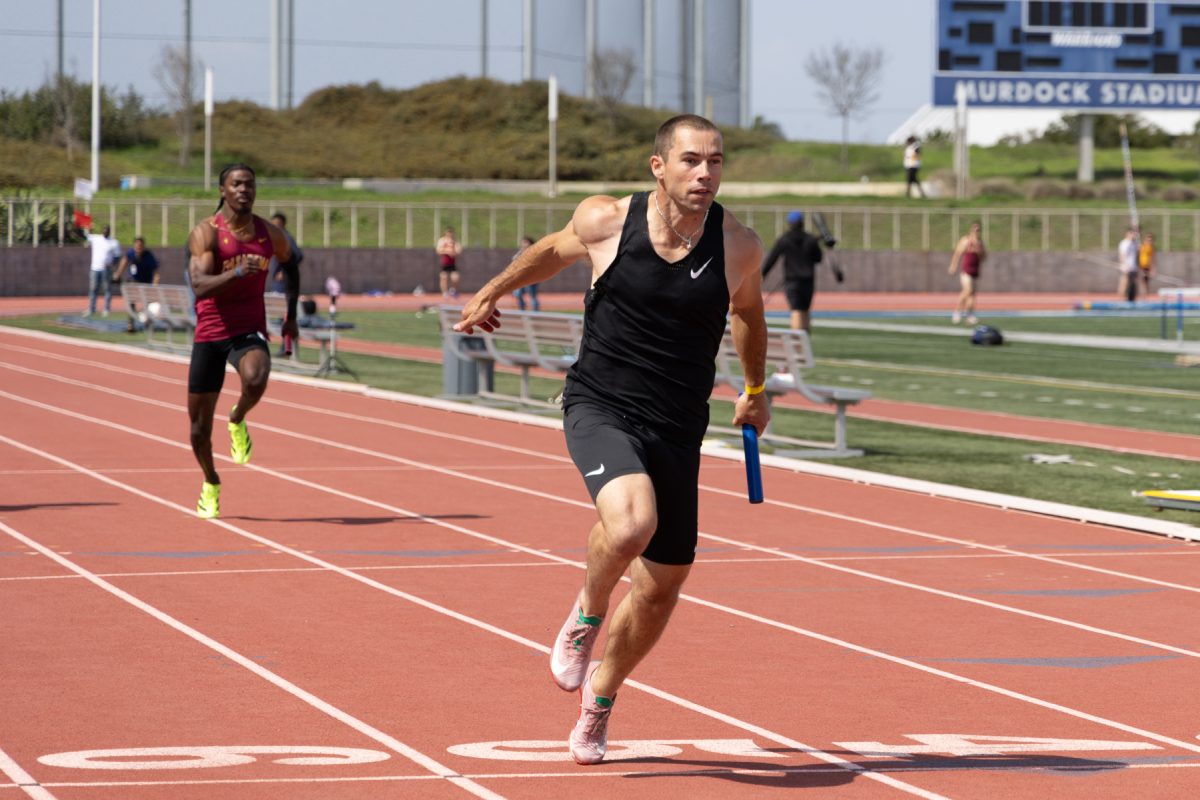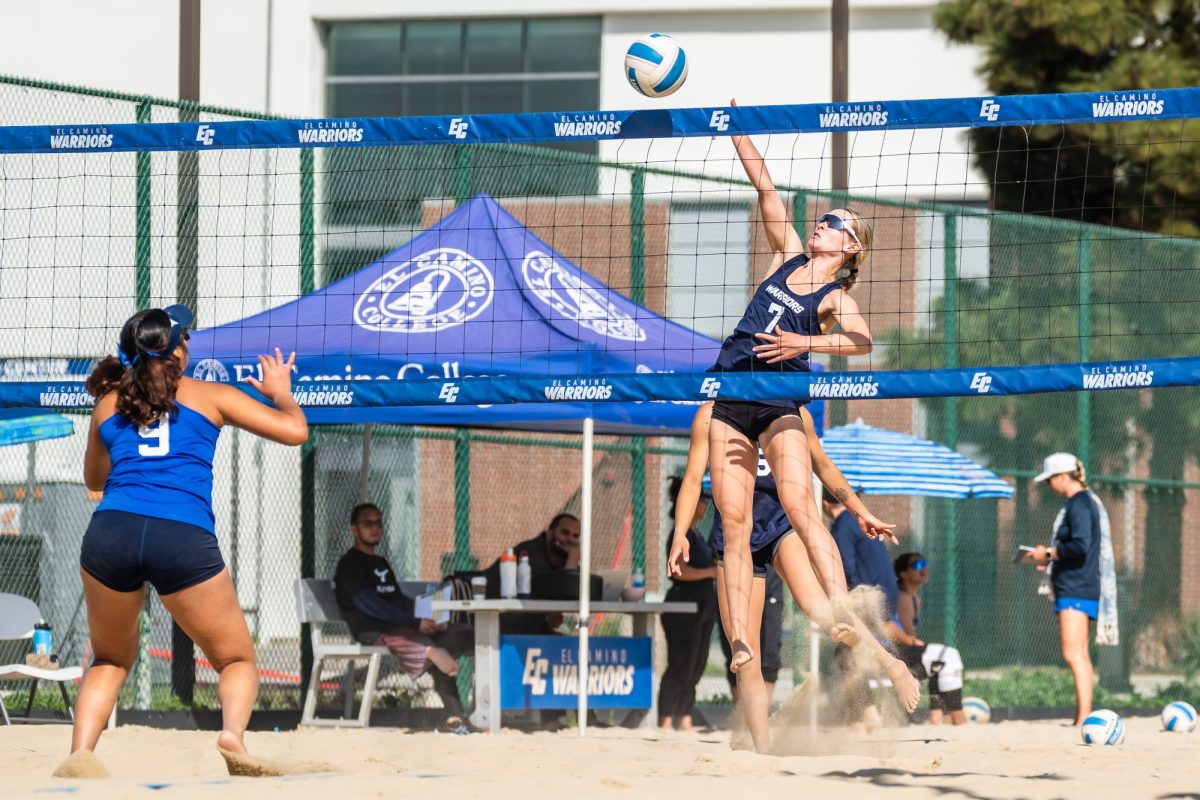Being an international or out-of-state student-athlete is a journey of achievements and challenges.
Athletes are exposed to competitive football, using JUCO to define their skills and get noticed by four-year colleges. It’s an opportunity to pursue dreams of higher-level play and personal growth through independence and cultural exchange.
Players join a diverse team and build friendship and resilience on and off the field.
However, there are challenges to the journey.
International and out-of-state athletes tend to suffer from homesickness, cultural differences and financial struggles. Balancing academics, athletics and jobs can be overwhelming, especially for those in a new environment.
Defensive back Yudai Naka is a 19-year-old business major from Nishinomiya, Japan, who came to study in the United States to pursue his football career at a collegiate level.
Naka chose ECC because he wanted to study abroad and move to California. He is currently in the U.S. on an F-1 visa.
He looked at JUCO schools in California and found colleges, including El Camino and Santa Monica college, but SMC’s international tuition cost was too expensive. He was recruited to play on the team after he and his family sent an email to Coach Gifford Lindheim and got his approval to become a Warrior.
Naka said football training in the U.S. is much more developed than in his home country.
“The U.S. level is much higher and more physical than Japan,” Naka said.
According to ECC – Tuition & Fees, Net Price out-of-state and international students pay a total of $7,144 for tuition and fees.
The cost of living in California is expensive – up to $53,082 per year. Naka’s father helped him with the legal process to move from Japan to California.
Another student-athlete from outside the U.S. is defensive lineman Mathis Schaaf, a 19-year-old business and architecture major from Leipzig, Germany who has taken his talents all the way to ECC. Like his teammate Naka, Schaaf is also in the U.S. on an F-1 visa.
Schaaf attributes his competitive drive to seeing his mother achieve success as a horse riding champion in the 80s. Growing up in Germany, Schaaf played golf, tennis, soccer and rugby. However, his rugby skills showed recruiters the potential that Schaaf can succeed in football.
He credited the trust he has in his coach Ken Talanoa for steering him towards playing for ECC.
“[At] St. John Bosco, I sent my tape all over the country and Bosco kind of answered and they were like, ‘we can make a good football player out of you if we wanted to,’” Schaaf said.
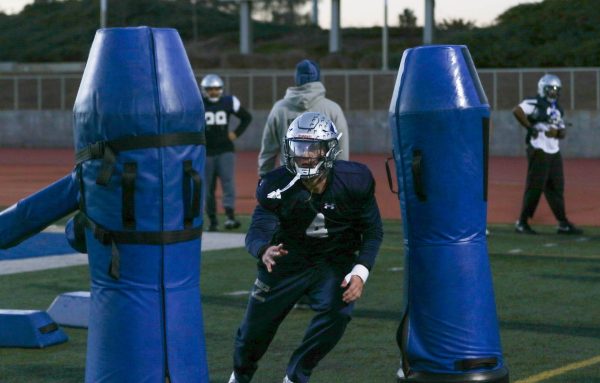
He experienced culture shock when he moved to the U.S since Germany does not have a large amount of diverse cultures.
Schaaf did not experience much trouble when finding a place in Southern California, finding a comfortable apartment to live in with his brother.
“El Camino would’ve really helped me there because they have somebody with ‘Coach Parnell’ who actively recruits people from different states and gives them living situations here,” Schaaf said. “So I think I had multiple opportunities to find a comfortable living spot.”
Schaaf added it is hard balancing the costs of living along with being a student-athlete, but that these difficulties will not stop him from achieving his dreams.
Within the U.S., Elijah Holmes is a 21-year-old business and marketing major from Dallas, Texas looking to carry on his family’s success on the football field.
Holmes’ family has a clear influence on his decision and ability to play football at a high level.
“My dad went to college, he played at Vanderbilt with Jay Cutler – my grandfather played for the Denver Broncos and the Detroit Lions, and my uncle played for the Buffalo Bills,” Holmes said. “I mean just the history, I’m trying to carry it on.”
He credited the culture and the winning atmosphere as the main reason why he chose ECC. Holmes said that the college feels like family and a home away from home.
The price and cost of living is what shocked Holmes the most when moving to California.
He believes Texas has better football talent than California, but that both states have high quality players. He added how it is important to come up with an efficient plan before arriving at a college from a different state.
“I am sleeping from teammates to teammates’ house, sometimes I am staying in the car,” Holmes said. “Just because the financial part of having somewhere to stay for longevity while you are here is kind of hard, on top of paying for classes.”
Azeon Nelson, is a 25-year old kinesiology major from Kennett, Missouri. He is one of El Camino’s top running backs on the football team this season.
Nelson said the level of football competition in California is higher, compared to the competition back in Missouri. He wanted to play running back at El Camino because the position suited him the best.
“Way high – it’s way more competitive out here,” Nelson said.
Some of his inspirations are current and former athletes who played in the NFL, including Seahawks running back Marshawn Lynch, 49ers running back Christian McCaffrey and Vikings running back Adrian Peterson.
Nelson’s moving transition from Missouri to California was a difficult challenge.
“I had to do a blind move, I’ve never been to California and couldn’t come visit before moving so it was a huge thing for me,” Nelson said.
Additionally, Nelson served in the Air Force as an aircraft fuel systems specialist before moving to California to play football for El Camino.
“I was in the military prior to moving out to California so I had support from the military to be able to have my own apartment to live in,” Nelson added.
Ana Liz Carvalhaes, an International Student Program assistant said recruiting foreign students is a difficult process. She said the first step would be to obtain an F-1 visa.
“So what we do, we help them getting the documents before they go to the interview,” Carvalhaes said. “Then getting accepted in to ISP, so they can prove that they have a school in the U.S at the interview and they can be approved.”
Next, once they are accepted at El Camino, students have to take a placement test to see what classes they will register for.
They meet with counselors to see what their goals are academically, but may need more assistance than someone who grew up in the U.S.
Foreign students are counseled by ISP counselors because these students have different and specific requirements compared to an American student.
Carvalhaes believes there were around 200 international students this semester, a decline from years past, due to COVID-19. She added that tuition is increasing and now $366 per unit. To keep up with the 12-unit requirement, it is $5,207 for a semester.
Lindheim believes that there are many factors to players being drawn towards playing for El Camino. He said because El Camino is located in a metropolitan area, student-athletes feel welcomed.
“We have a good football program,” Lindheim said. “The final piece of the puzzle is that I’m very responsive, and always interested in having international players if it fits.”
Lindheim enjoys suitable international players on the team because he said that they are fun to work with, adding to the team’s culture and diversity.
He believes that he and the coaching staff do a good job of creating a respectful and safe environment for all the players.
This includes players from different cultures learning from each other as well as his team having a loving and competitive attitude. He values players having a fair and equal opportunity to compete, and believes that football brings people together.
Lindheim believes it is his responsibility to make sure his players gel as a unit no matter their differences.
“As a coach, I set the foundation, culture, and structure,” Lindheim added. “People from all different cultures, amid ethnicities, and monetary backgrounds, they all fit into our structure.”





